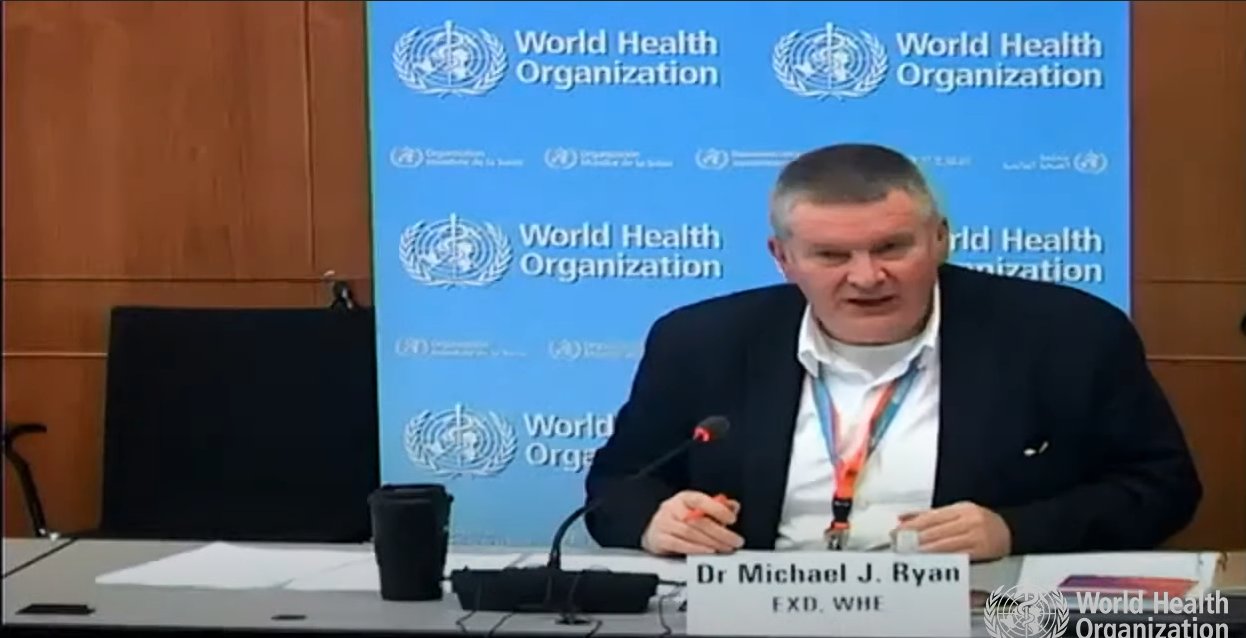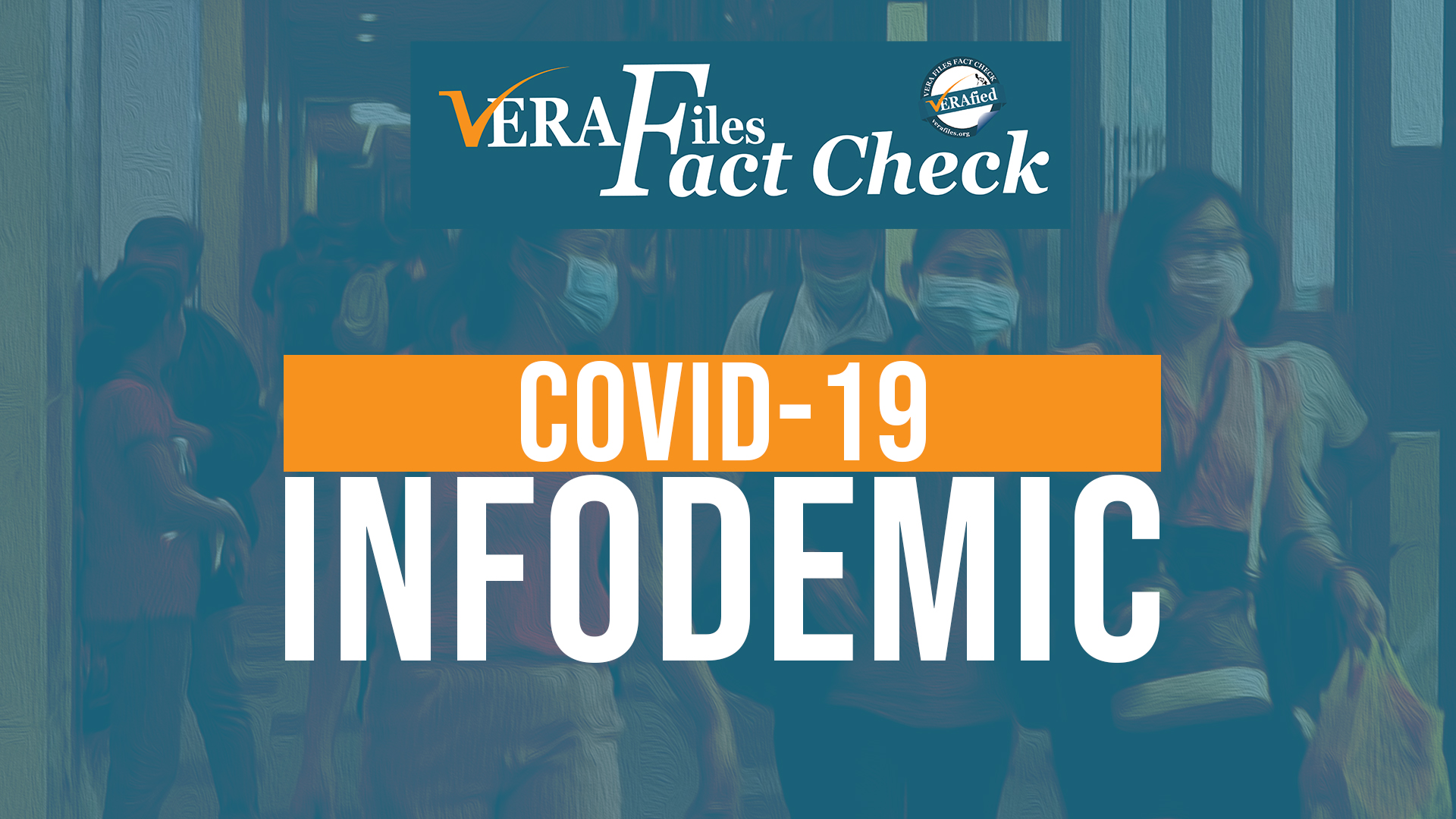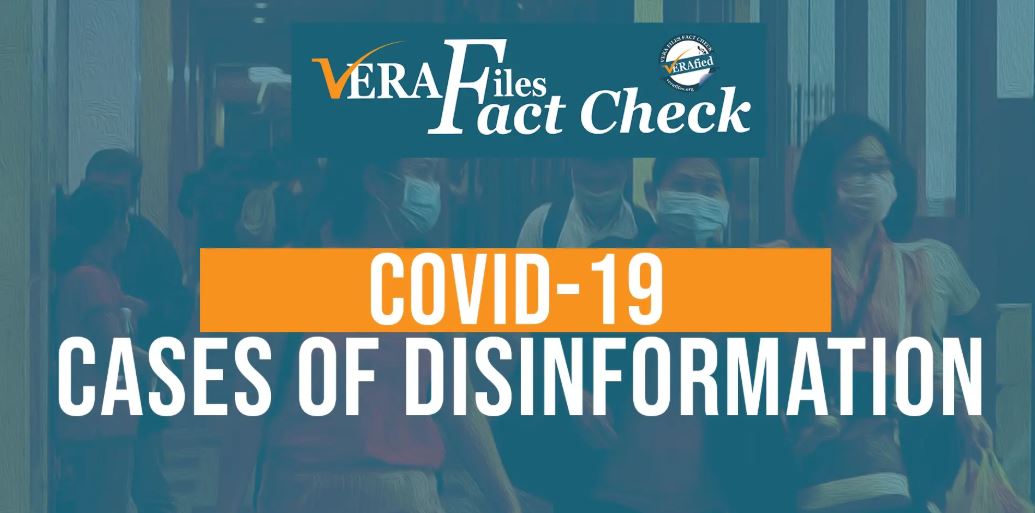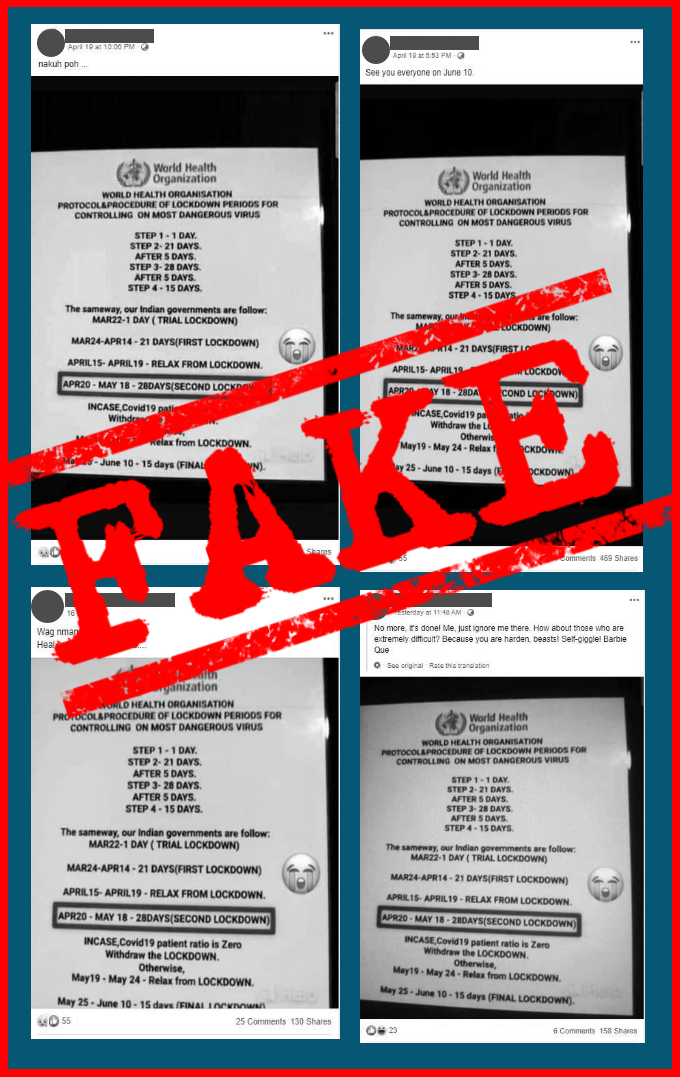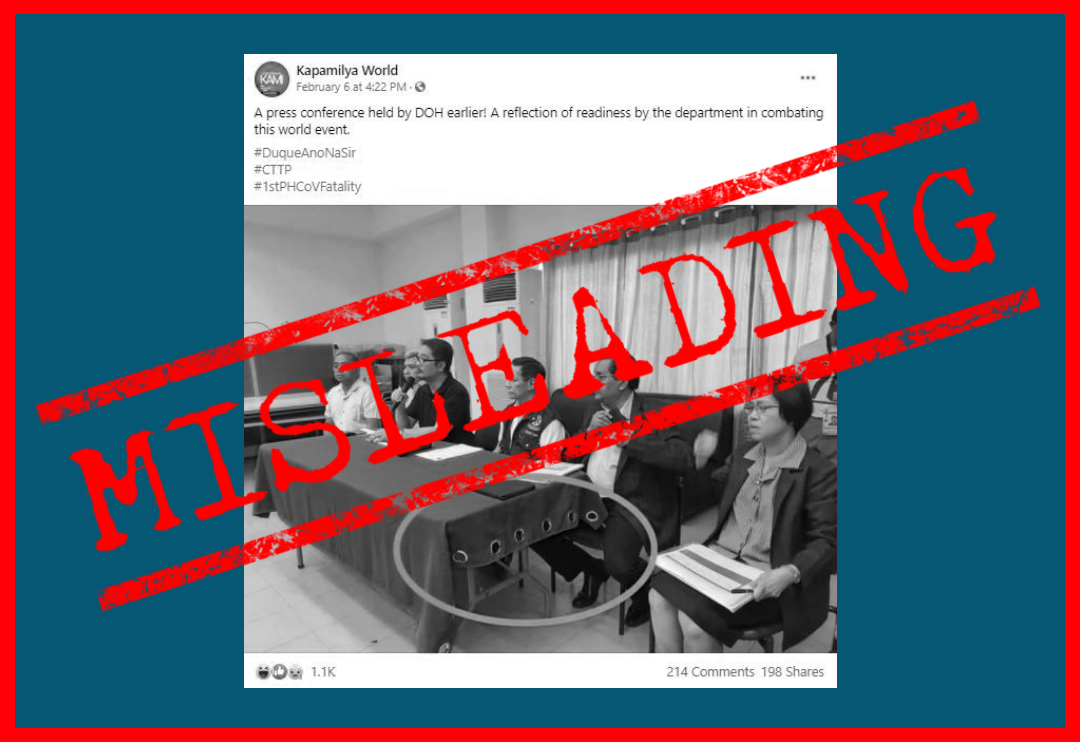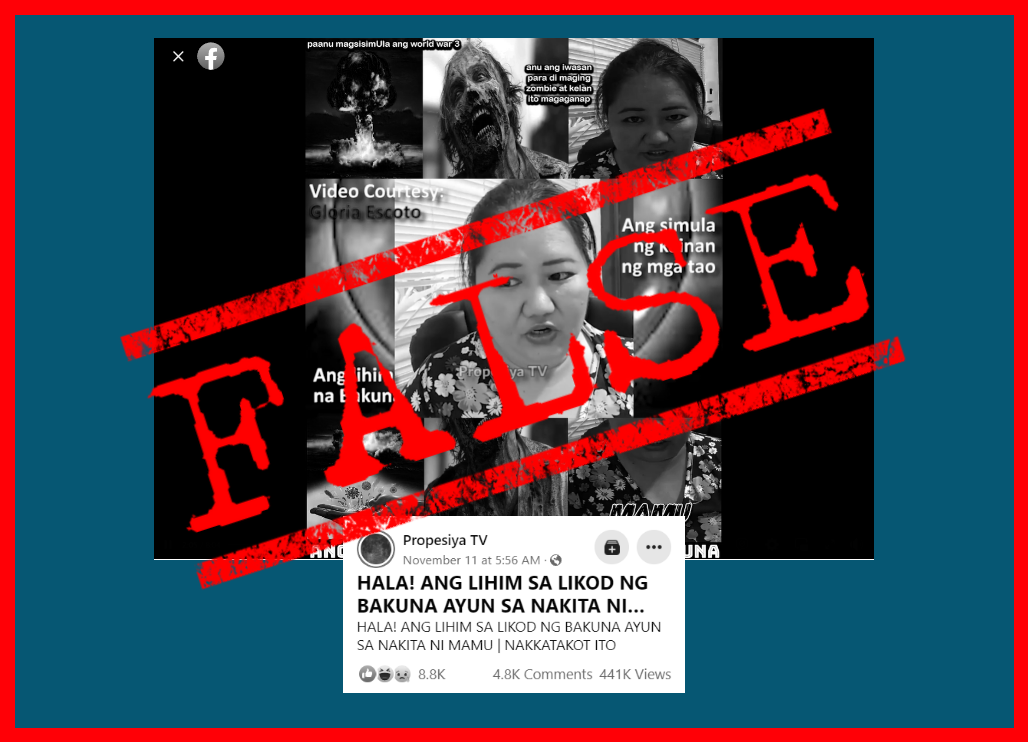Over 71 million cases and 1.6 million deaths due to the coronavirus disease 2019 (COVID-19) have been recorded around the world. And while vaccines, lockdowns and health protocols are at the forefront of the pandemic response, equally important is infodemic management, according to the World Health Organization (WHO).
“This is as important as PPEs (Personal Protective Equipment), therapeutics, a shot in the arm because it gives people the tools to be able to manage the new world as we see it,” said Michael Ryan, executive director of the WHO Health Emergencies Programme, in the final event of the WHO Global Infodemic Management Conference on Dec. 12.
The term “infodemic”ーwhich was first introduced by WHO Director-General Tedros Adhanom Ghebreyesus on Feb. 15ーis the overabundance of information, both online and offline, whether innocent circulation of misinformation or deliberate disinformation.
As the pandemic continues to claim lives and ravage economies, health authorities see the need to address misinformation about COVID-19 because of its “direct and negative health impacts” on people. The infodemic surrounding COVID-19 is unprecedented, according to the WHO.
On April 27, the American Journal of Tropical Medicine and Hygiene reported over 800 people had died and 5,876 were hospitalized because of rumors, stigma, and conspiracy theories associated with the novel coronavirus. This includes more than 700 people in Iran who died due to the intake of toxic methanol, believing it can cure the virus.
In the Philippines, President Rodrigo Duterte has repeatedly suggested the use of gasoline and diesel to disinfect face masks despite its detrimental effects (SEE VERA FILES FACT CHECK: Duterte negates spox; repeats wrong, unsafe claim on using gasoline as disinfectant).
“If we get it right, people will make good decisions and those decisions may save their lives. If we get it wrong, people will make bad decisions and people will suffer,” Ryan said.
As mis- and disinformation spread the same way the virus does, the WHO recommends practicing hygiene not just in physical but also digital spaces.
In its global manifesto, it also listed seven calls to action to manage the infodemic, which include “making science more accessible, transparent, and understandable,” “engaging with communities in the production, verification, and dissemination of information,” and “finding solutions and tools, consistent with the freedom of expression.”
A “health-supportive” information ecosystem
Given the sheer volume and rapid scale-up of information surrounding the coronavirus outbreak, the WHO emphasized the need to create a “health-supportive information ecosystem” to flatten the infodemic curve.
Since Oct. 20, it has gathered six society groups ─ country health authorities, science and research communities, media and journalism, civil society and non-government organizations, technology and platforms, and the United Nations (UN) and other multilateral agencies ─ to identify challenges and solutions to the infodemic.
“The goal of ‘health-supportive information ecosystem’ must be that the population exercise their right to access health information and receive information at the right time in the right format from a trusted source,” said Jaouad Mahjour, WHO Director-General for Emergency Preparedness.
Some groups working with the WHO, specifically the media, country health, and the scientific community observed that “the vacuum of knowledge as well as the speed in which the science of the virus went resulted in several journalists specializing in health reporting and scientists rapidly publishing data without peer reviews”.
With the pandemic occurring in the digital age, technology platforms are also responsible for providing high quality and “locally-nuanced” information from trusted sources.
In the forum, the WHO also said not one institution has all the capacity to fight the infodemic and collaboration is needed across sectors in the public, private, and civil society.
Some countries have shared their best practices in fighting the infodemic.
The United Kingdom partnered with the University of Cambridge for the “Go Viral Campaign,” an online game which aims to teach people about the dangers of misinformation and how they can combat it.
Latvia gave independent relief funding for media and fact-checkers, and supported doctors and public health experts for an online campaign to debunk dangerous COVID-19 myths.
Health officials, however, also anticipate heightened vaccine-related misinformation with the rollout of immunization programs in a few places.
On Dec. 8, the UK became the first country in the world to vaccinate with Pfizer Inc. and BioNTech SE’s mRNA vaccines, while Canada and the United States began inoculations on elderly people and frontline workers on Dec. 15. Mexico, Singapore, and Kuwait also approved the vaccine for emergency use.
As more countries announce their own inoculation plans, misinformation and false conspiracy theories about the vaccines are also likely to spread and could erode people’s confidence in vaccination.
Vaccine refusal is another hurdle to the pandemic, according to the WHO.
Prior to the outbreak of the coronavirus, the largest survey on global vaccine confidence conducted by the London School of Hygiene and Tropical Medicine (LSHTM) found that overall confidence in vaccines, including safety, effectiveness, and importance, dropped in Indonesia, Philippines, Pakistan, and South Korea between November 2015 and December 2019.
In the case of the Philippines, survey results showed that “risks of a dengue vaccine (Dengvaxia) in 2017 led to a dramatic drop in public confidence in vaccine safety” which impacted other routine vaccination programs.
Heidi Larson, director of the Vaccine Confidence Project, also said in a Sept. 10 article: “One of the main threats to the resilience of vaccination programmes globally is the rapid and global spread of misinformation.”
“When there is a large drop in vaccination coverage, it is often because there’s an unproven vaccine safety scare seeding doubt and distrust. Sometimes there is a genuine small risk that gets rapidly spread and amplified to appear to be a much larger risk,” she added.
Guy Berger, Director for Freedom of Expression and Media Development at the United Nations Educational, Scientific, and Cultural Organization (UNESCO) said another challenge in the infodemic is when some leading political figures are purveyors of false information themselves, which is why the global role of the UN is to say what is acceptable conduct for all actors.
The big task in 2021, he said, is to “strengthen the norm that truth matters.”
(This story was produced under a Health Fellowship program carried out by VERA Files with support from Facebook. Find out more about this project here.)
